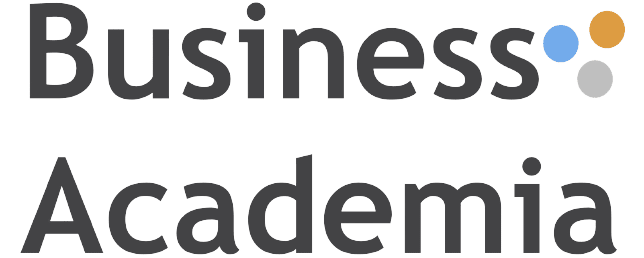In these uncertain times, we’ve found one thing to be certain: companies are maturing when it comes to digital transformation. They are moving along, needing more sophisticated technology to revolutionize how they function. This need for companies across every industry to rethink how they function has thus brought about the acquisition of huge amounts of technology components to be used to navigate the challenges posed during these difficult times.
For examples, when it comes to learning and development (L&D), the integration of online and offline is definitely going to stay throughout the pandemic. There are nano learning, mobile learning, bite-size learning and other interactive tools that can be used to make L&D truly enjoyable even with the current situation. In addition, tech components that usually go hand in hand with learning programmes have also accelerated the training approach targeted at learners who are not able to be in the same room with others.
#1 Tech Components To Learning
We can confidently say now, looking back at 2020 and how it shaped the L&D approach in a million ways: it is really going to be fascinating to see the contributions tech components have made in the lives of many who attended the ‘virtual’ trainings. These programmes, integrated with tech components, are the answers to “How to keep people engaged while sitting in front of a computer for a very long time?”. To answer that question, we will have to take that question and work backwards to see what sort of components, including tech, can be merged into the learning programmes to make them customer-centric and provide the most engaging learning experience.
Connectedly, a coherent pre and post assessment strategy is undoubtedly the next ingredient to a complete L&D programme. Understanding the importance of pre and post assessment helps an organization to assess, track and provide valuable insight before the training starts or at the end of the learning programme. At Business Academia, by launching and implementing bite-size modules on ArcLab in two sequences, trainers can absolutely measure in terms of percentage, how many learners have improved in the concepts and application taught by their trainer.
As the saying goes, “Assessment for learning is the process of seeking and interpreting evidence for use by learners and their teachers to decide where the learners are in their learning journey, where they need to go and how best to get there”. By using data and observation of the results from the practical workshops and exercises, data is then being extracted from ArcLab to gain an impressive amount of insight, start qualitative conversations, and suggest the areas that can be improved at the end of the day.
#2 Just-in-Time Learning
Another concept in today’s corporate learning scenario is learning just-in-time. If your staff have already become habituated to having on-demand access to knowledge, then there is a great possibility that you are already in the game. As Bradenburg & Ellinger put it, this is an evolutionary response to the demands of a knowledge-driven and speed-oriented marketplace. Sounds good?
Indeed, by applying this concept during coaching sessions, learners get easy access to tips, tricks, solutions, and hacks just when he or she needs them, facilitating learning right at the point of action. You will be surprised to see how engaged your learners and how likely you will be able to optimize knowledge retention at this stage.
If you do not want to go back to how information was searched 15-20 years ago by pouring over countless textbooks and reference books in a single training session: just change the way your learners have been learning and remain relevant to modern learner needs. You might see a big grin and thumbs up when you set about it the right way.
#3 Blended Learning
A wholesome L&D programme must always be ready to engage in blended learning. This describes a fundamental change in training by utilising a combination of digital learning objects, often bite-sized chunks of information, and structured independent learning time guided by the coaching. It is a mix of online and offline with the online sessions usually including mobile gamified bites, videos, best practices, TED Talks etc.
It places an emphasis on empowering learners with the skills and knowledge required to make the most of the digital materials and independent L&D time. So having said that, we think it is already exciting to strengthen this concept. It makes sense for companies that are actually looking into trends and trying to get a competitive advantage to understand what are the skills necessary in the 21st century so they themselves can support people to go towards that path.
There are currently many programmes out there that are subsidized by Singapore Government agencies like Infocomm Media Development Authority (IMDA) and SkillsFuture Singapore (SSG). We are very proud that our very own CX Management Programme is a programme that encompasses all three L&D methods above and is running in Singapore, across Asia Pacific and worldwide.
The Future Of Learning And Development In the New Normal
While a lot of people might be scared of turning to digital completely, striking a balance between what is permitted and what is in trend is the best type of training your learners can get. Of course, enabling a proactive L&D culture, finding opportunity in change and perfecting the new activities in the L&D programme will always be on top of the game in the future of learning and development.
Do you need to learn more about learning organisations? Write to us at info@businessacademia.co
Business Academia’s Vision
Our goal is to connect the space between Business Goals, Results and People’s Engagement with consultancy services, tailored experiential workshops and training. We use effective facilitation methods such as Design Thinking to define, together with you, how to engage and motivate people to the desired Change and Action.
More information @ www.businessacademia.co



